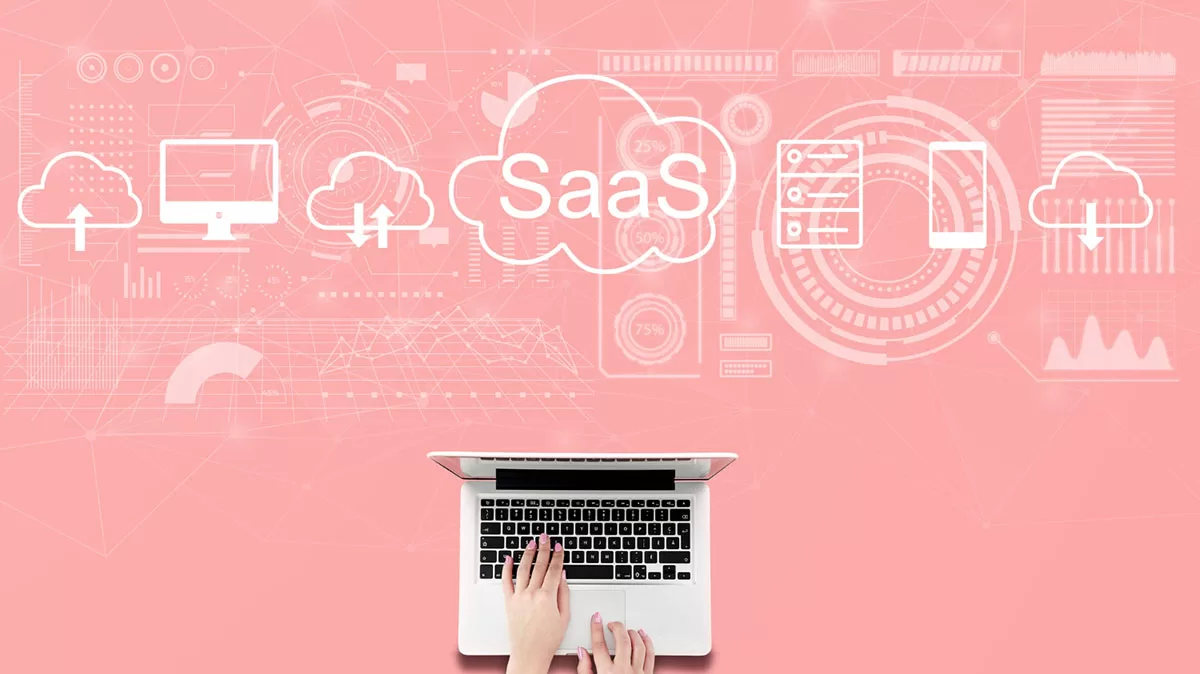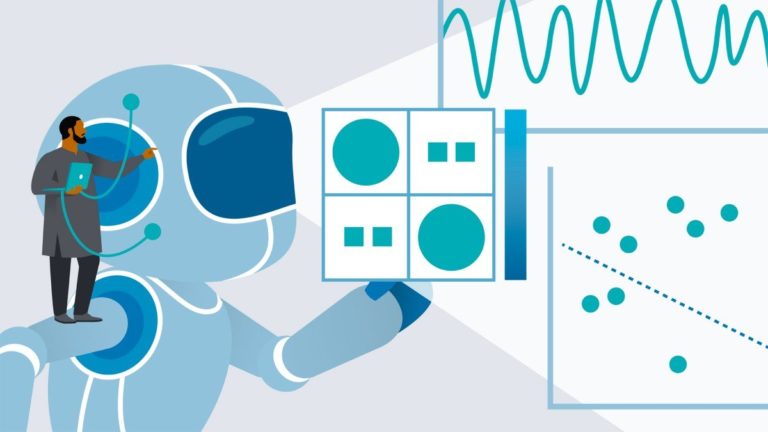The world of technology is in constant flux, and recent developments suggest we are on the brink of a transformative era. With the rise of artificial intelligence (AI), the concept of standalone applications is being challenged, giving way to the idea of AI-driven agents. These agents, capable of context-aware decision-making and automation, could redefine the way businesses interact with their data. For those invested in the Microsoft Business Intelligence (BI) stack, the implications are both profound and exciting.
From SaaS to AI Agents: The Next Evolution in Business Technology
The traditional Software-as-a-Service (SaaS) model has been instrumental in democratising access to powerful tools, enabling organisations to scale and innovate rapidly. However, as AI technologies mature, the static, application-centric approach of SaaS is beginning to show its limitations. AI agents, powered by advancements in natural language processing (NLP) and machine learning, promise a dynamic and personalised way of interacting with data.
Instead of manually navigating dashboards, running queries, or scheduling reports, users could engage with intelligent agents that understand context, intent, and objectives. This shift has significant implications for tools like Microsoft Power BI, SQL Server, and Azure Synapse Analytics, which form the backbone of Microsoft’s BI stack.
The Evolving Role of the Microsoft BI Stack
Microsoft’s BI stack has long been a leader in data engineering and analytics, offering integrated solutions for data integration, transformation, and visualisation. But the emergence of AI agents could redefine the roles of these tools:
- Data Integration and Automation
- AI agents could automate much of the Extract, Transform, Load (ETL) process handled by tools like Azure Data Factory or SQL Server Integration Services (SSIS). Agents might proactively identify data inconsistencies, suggest schema changes, or optimise data pipelines based on usage patterns and goals.
- Intelligent Insights
- Instead of static dashboards in Power BI, agents could provide real-time, conversational insights tailored to specific questions or business scenarios. For example, an agent might proactively alert a sales team to declining revenue trends or suggest actions based on customer churn predictions.
- Enhanced Collaboration
- AI-driven agents could serve as intermediaries between business users and technical teams, translating natural language queries into SQL or DAX code and facilitating seamless collaboration. This would lower the barrier to entry for non-technical users, making analytics more accessible across organisations.
- Proactive Decision Support
- By leveraging AI models within Azure Synapse or Power BI, agents could analyse historical data, forecast future trends, and even recommend specific actions. Such capabilities could empower decision-makers with insights that go beyond descriptive analytics to prescriptive and predictive analytics.
Opportunities for Businesses
For businesses relying on the Microsoft BI stack, the rise of AI agents presents several opportunities:
- Increased Efficiency: Automating repetitive tasks and enabling natural language interactions could free up valuable time for data teams to focus on strategic initiatives.
- Improved Accessibility: AI agents could democratise access to analytics, enabling employees at all levels to derive insights without needing deep technical expertise.
- Enhanced Agility: With agents providing real-time insights and recommendations, organisations could respond faster to market changes and emerging trends.
Challenges to Consider
While the potential is immense, transitioning to an AI-driven model is not without challenges:
- Data Privacy and Security: As AI agents access and analyse sensitive data, organisations must ensure robust privacy and security measures are in place.
- Skill Gaps: Implementing and managing AI-driven solutions may require upskilling existing teams or hiring specialised talent.
- Integration Complexity: Businesses must carefully plan how AI agents will integrate with existing BI infrastructure and workflows.
Future of SaaS
As AI continues to evolve, the SaaS landscape is likely to undergo a radical transformation. Traditional, static SaaS applications will give way to dynamic ecosystems powered by AI agents that can learn, adapt, and respond in real-time. This evolution will enable businesses to achieve unprecedented levels of customisation and efficiency, as software becomes more intuitive and aligned with user needs. The SaaS providers that thrive will be those that embrace AI-driven architectures, prioritise interoperability, and focus on delivering seamless, context-aware experiences for users.
The rise of AI agents represents a significant evolution in the way we interact with data. For the Microsoft BI stack, this shift could lead to more intuitive, efficient, and impactful analytics solutions. While challenges remain, the potential benefits of increased accessibility, automation, and insight generation are too compelling to ignore.
Organisations leveraging Microsoft’s BI tools should prepare for this future by exploring AI-driven capabilities, investing in upskilling their workforce, and adopting a forward-thinking mindset. The era of AI agents is not just an incremental improvement—it is a fundamental transformation, and those who adapt will be well-positioned to thrive in this new paradigm.



